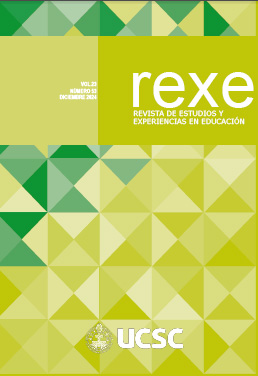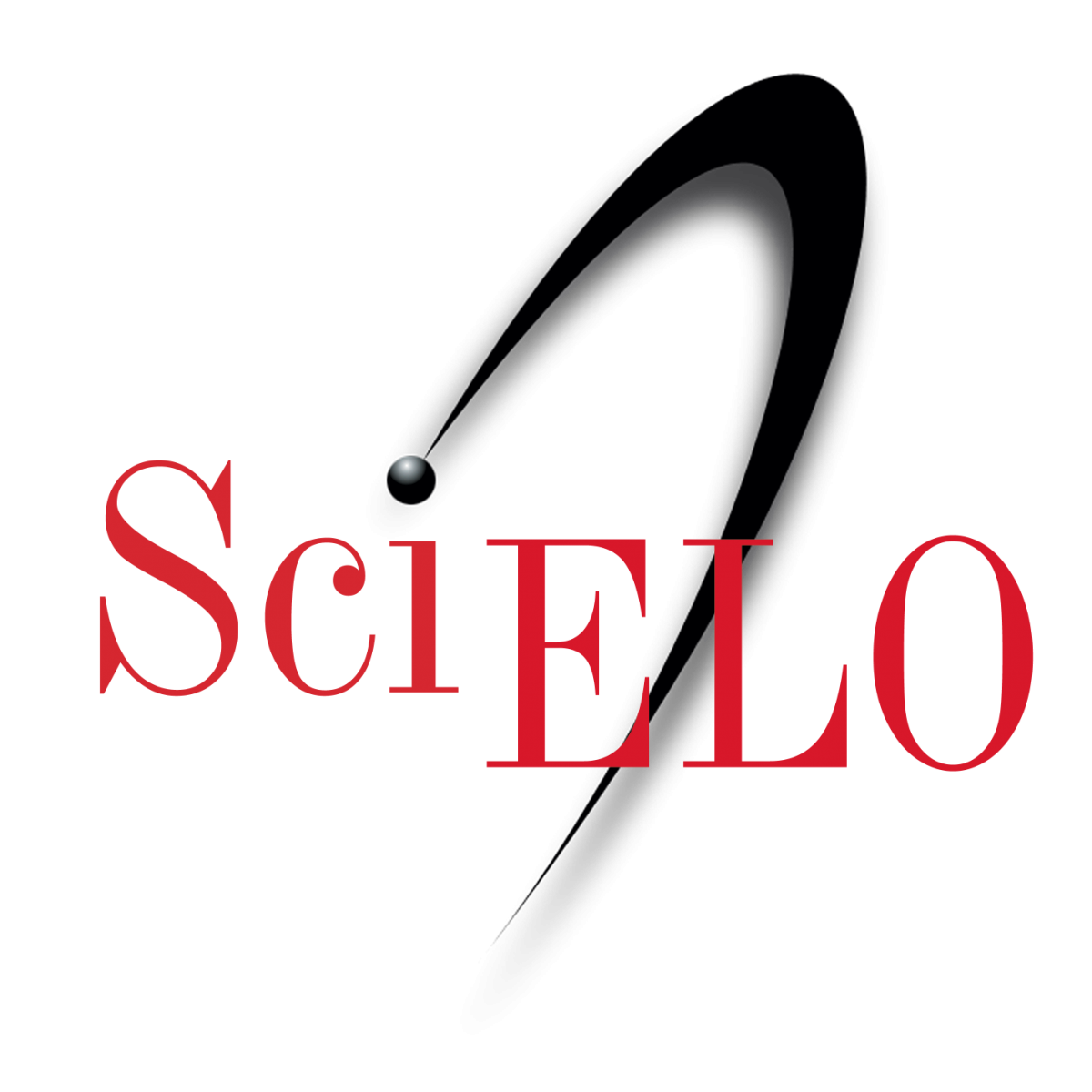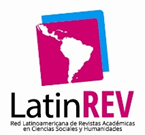Why did I decide to dedicate myself to teaching? The voices and teaching positions in aspiring Primary Education teachers
DOI:
https://doi.org/10.21703/rexe.v23i53.2663Keywords:
Self Dialógico, Identidad docente, posiciones del Yo, voces, profesores en formaciónAbstract
The literature recognizes the importance of understanding the development of preservice teachers' teaching identity to provide support and prevent desertions. However, the lack of studies that capture the voice of pre-service teachers persists. This qualitative interpretive research based on the Theory of the Dialogical Self, explores the voices that influence the decision to be a teacher and the identity positions that students adopt with respect to what it means to be a teacher. 33 first year and 40 fourth-year Primary Education students in Chile participated, who completed an online questionnaire with four open questions, to which content analysis was applied. In first year, the dominant voice in the decision to be teacher was For the joy of teaching, while in the fourth year it was To generate changes in society. Furthermore, the significant influence of my teachers on the decision to become a teacher was highlighted. Two main positions emerged: I as a trainer and I as an agent of change. It is concluded that, despite the differences in years of training, both cohorts positioned themselves according to their personal history and future expectations, influenced by significant voices. Understanding this process is essential for the training and permanence in the profession of future teachers.
Downloads
References
Akkerman, S. F., Bakker, A., & Penuel, W. R. (2021). Relevance of educational research: An ontological conceptualization. Educational Researcher, 50(6), 416-424. https://doi.org/10.3102/0013189X211028239
Akkerman, S. F., & Meijer, P. C. (2011). A dialogical approach to conceptualizing teacher identity. Teaching and Teacher Education, 27(2), 308–319. https://doi.org/10.1016/j.tate.2010.08.013
Alsup, J. (2006). Teacher identity discourses: Negotiating personal and professional spaces. Routledge. https://doi.org/10.4324/9781410617286
Assen, J. H. E., Koops, H., Meijers, F., Otting, H., & Poell, R. F. (2018). How can a dialogue support teachers’ professional identity development? Harmonizing multiple teachers, I-positions. Teaching and Teacher Education, 73, 130-140. https://doi.org/10.1016/j.tate.2018.03.019
Avendaño Bravo, C., & González Urrutia, R. (2012). Motivos para ingresar a las carreras de Pedagogía de los estudiantes de primer año de la Universidad de Concepción. Estudios pedagógicos (Valdivia), 38(2), 21-33. http://dx.doi.org/10.4067/S0718-07052012000200002
Bakhtin, M. M. (2010). Dialogic Imagination: Four Essays. University of Texas Press.
Badia, A., Becerril, L., & Gomez, M. (2021). Four types of teachers’ voices on critical incidents in teaching. Teacher Development, 25(2), 120-135. https://doi.org/10.1080/13664530.2021.1882549
Badia, A., & Clarke, A. (2022). The practicum-mentor identity in the teacher education context. Teaching Education, 33(4), 355-371. https://doi.org/10.1080/10476210.2021.1920910
Badia, A., & Liesa, E. (2022). Experienced teachers’ identity based on their I-positions: An analysis in the Catalan context. European Journal of Teacher Education, 45(1), 77-92. https://doi.org/10.1080/02619768.2020.1795122
Beijaard, D., Meijer, P. C., & Verloop, N. (2004). Reconsidering research on teachers’ professional identity. Teaching and Teacher Education, 20(2), 107–128. https://doi.org/10.1016/j.tate.2003.07.001
Braun, V., & Clarke, V. (2022). Thematic Analysis: A Practical Guide. Sage.
Bronkhorst, L. H., Koster, B., Meijer, P. C., Woldman, N., & Vermunt, J. D. (2014). Exploring student teachers' resistance to teacher education pedagogies. Teaching and Teacher Education, 40, 73-82. https://doi.org/10.1016/j.tate.2014.02.001
Chong, S., Low, E., & Goh, K. (2011). Emerging professional teacher identity of pre-service teachers. Australian Journal of Teacher Education, 36(8), 50–64. https://search.informit.org/doi/abs/10.3316/aeipt.189887
Flores, M. A., & Day, C. (2006). Contexts which shape and reshape new teachers’ identities: A multi-perspective study. Teaching and Teacher Education, 22(2), 219-232. https://doi.org/10.1016/j.tate.2005.09.002
Flores, M. A., & Niklasson, L. (2014). Why do student teachers enrol for a teaching degree? A study of teacher recruitment in Portugal and Sweden. Journal of Education for Teaching, 40(4), 328-343. https://doi.org/10.1080/02607476.2014.929883
Fray, L., & Gore, J. (2018). Why people choose teaching: A scoping review of empirical studies, 2007–2016. Teaching and Teacher Education, 75, 153-163. https://doi.org/10.1016/j.tate.2018.06.009
Giralt Romeu, M., Liesa Hernández, E., Mayoral Serrat, P., & Becerril Balín, L. (2020). Student teachers’ positioning regarding their key learning experiences in the first practicum. Quaderns of Psychology, 22(2), 1570. https://doi.org/10.5565/rev/qpsicologia.1570
Hassemer, J. (2020). The value (s) of volunteering: Asylum seekers’ trajectories through language work in refugee assistance. International Journal of Multilingualism, 17(1), 46-61. http://dx.doi.org/10.1080/14790718.2020.1682252
Hermans, H. J. M. (2001). The Dialogical Self: Toward a Theory of Personal and Cultural Positioning. Culture & Psychology, 7(3), 243-281. https://doi.org/10.1177/1354067X0173001
Hermans, H. J. M. (2002). The dialogical self as a society of mind: Introduction. Theory & Psychology, 12(2), 147-160. http://dx.doi.org/10.1177/0959354302122001
Hermans, H. J. M. (2003). The Construction and Reconstruction of a Dialogical Self. Journal of Constructivist Psychology, 16(2), 89-130. https://doi.org/10.1080/10720530390117902
Hermans, H. J. M. (2015). Dialogical Self in a Complex World: The Need for Bridging Theories. Europe’s Journal of Psychology, 11(1), 1–4. http://dx.doi.org/10.5964/ejop.v11i1.917
Hermans, H., & Hermans-Konopka, A. (2010). Dialogical self-theory: Positioning and counter-positioning in a globalizing society. Cambridge University Press. https://doi.org/10.1017/CBO9780511712142
Hong, J., Greene, B., & Lowery, J. (2017). Multiple dimensions of teacher identity development from pre-service to early years of teaching: A longitudinal study. Journal of Education for Teaching, 43(1), 84-98. https://doi.org/10.1080/02607476.2017.1251111
Korthagen, F. A. J. (2017). Inconvenient truths about teacher learning: Towards professional development 3.0. Teachers and teaching, 23(4), 387-405. https://doi.org/10.1080/13540602.2016.1211523
Kyriacou, C., & Coulthard, M. (2000). Undergraduates' views of teaching as a career choice. Journal of Education for Teaching, 26(2), 117-126. https://doi.org/10.1080/02607470050127036
Lara-Subiabre, B., Henríquez, V., & Villarroel, Y. (2020). Voces en la identidad de estudiantes de profesorado. REXE. Revista de Estudios y Experiencias en Educación, 19(39), 213-223. http://doi.org/10.21703/rexe.20201939lara-subiabre12
Leijen, A., Kullasepp, K., & Toompalu, A. (2018). Dialogue for bridging student teachers' personal and professional identity. En F. Meijers y H. Hermans (Eds.), The dialogical self-theory in education (pp. 97-110). Springer. https://doi.org/10.1007/978-3-319-62861-5_7
Löfström, E., Poom-Valickis, K., Hannula, M. S., & Mathews, S. R. (2010). Supporting emerging teacher identities: Can we identify teacher potential among students? European Journal of Teacher Education, 33(2), 167-184. https://doi.org/10.1080/02619761003631831
Lutovac, S. (2020). How failure shapes teacher identities: Pre-service elementary school and mathematics teachers narrated possible selves. Teaching and Teacher Education, 94, 103-120. https://doi.org/10.1016/j.tate.2020.103120
Meijers, F., & Hermans, H. (2018). The Dialogical Self Theory in Education: A Multicultural Perspective. Springer. http://doi.org/10.1007/978-3-319-62861-5
Monereo, C. (2022). The Identity of Education Professionals: Positioning, Training, and Innovation (Vol. 1). Information Age Publishing.
Monereo, C., & Caride, M. (2022). Becoming a professional: Analysis of the reciprocal influence between I-positions and we-positions in a group of university students. Journal of Constructivist Psychology, 35(4), 1347-1370. https://doi.org/10.1080/10720537.2021.1989095
Monereo, C., & Hermans, H. (2023). Education and dialogical self: state of art. Journal for the Study of Education and Development, 1-47. https://doi.org/10.1080/02103702.2023.2201562
Raggatt, P. (2015). Positioning: Dialogical voice in mind and culture. Theory & Psychology, 25(6), 775-797. https://doi.org/10.1177/0959354315590850
Ralph, A. M., & MacPhail, A. (2015). Pre-service teachers’ entry onto a physical education teacher education programme, and associated interests and dispositions. European Physical Education Review, 21(1), 51-65. https://doi.org/10.1177/1356336X14550940
Rinne, I., Lundqvist, U., Johannsen, B. F., & Yildirim, A. (2023). “When you get out there, you don't have a toolbox”: A comparative study of student teachers' identity development in Swedish and Danish teacher education. Teaching and Teacher Education, 122, 103958. https://doi.org/10.1016/j.tate.2022.103958
Sandoval, P. R., Bustos, R. A., Maldonado, A. C., Pavié, A., & Valdés, G. (2020).Representaciones sobre vocación docente en ingresantes a pedagogía en universidades estatales de Chile. Interciencia, 45(11), 532-538. https://n9.cl/8sf90
Smetana, L. K. T., & Kushki, A. (2021). Exploring career change transitions through a dialogic conceptualization of science teacher identity. Journal of Science Teacher Education, 32(2), 167-187. https://doi.org/10.1080/1046560X.2020.1802683
Stenberg, K., & Maaranen, K. (2020). The differences between beginning and advanced student teachers’ teacher identities based on their practical theories. Education Inquiry, 11(3), 196-210. https://doi.org/10.1080/20004508.2020.1716541
Stenberg, K., Karlsson, L., Pitkäniemi, H., & Maaranen, K. (2014). Beginning student teachers’ teacher identities based on their practical theories. European Journal of Teacher Education, 37(2), 204-219. https://doi.org/10.1080/02619768.2014.882309
Stoyanova, N. (2021). Dialogical self and shifting mathematical identity. En C. Monereo, C. Weise, & H. Hermans (Eds.), Dialogicality: Personal, local, and planetary dialogue in education, health, citizenship, and research (pp. 70–78). International Society for Dialogical Science. https://doi.org/10.17613/gqxq-ng18
Thomson, M., Turner, J., & Nietfeld, J. (2012). A typological approach to investigate the teaching career decision: Motivations and beliefs about teaching of prospective teacher candidates. Teaching and Teacher Education, 28(3), 324-335. https://doi.org/10.1016/j.tate.2011.10.007
United Nations Educational, Scientific and Cultural Organization. (2021). Commission on the futures of Education. Reimagining our futures together: A new social contract for education. https://unesdoc.unesco.org/ark:/48223/pf0000379707/PDF/379707eng.pdf.multi
Watt, H., & Richardson, P. (2008). Motivations, perceptions, and aspirations concerning teaching as a career for different types of beginning teachers. Learning and Instruction, 18(5), 408-428. https://doi.org/10.1016/j.learninstruc.2008.06.002
Xing, H., Liu, L., Jiang, A. L., & Hunt, N. (2024). Unpacking a female language teacher’s identity transformation: a perspective of multiple I-positions. Frontiers in Psychology, 15, 1291940. https://doi.org/10.3389/fpsyg.2024.1291940
Downloads
Published
How to Cite
Issue
Section
License
Política de acceso abierto
Esta revista proporciona un acceso abierto inmediato a su contenido, basado en el principio de que ofrecer al público un acceso libre a las investigaciones ayuda a un mayor intercambio global de conocimiento.
Licencia
Revista REXE "Revista de Estudios y Experiencias en Educación" de la Facultad de Educación, Universidad Católica de la Santísima Concepción, está distribuido bajo una Licencia Creative Commons Atribución 4.0 Internacional.






